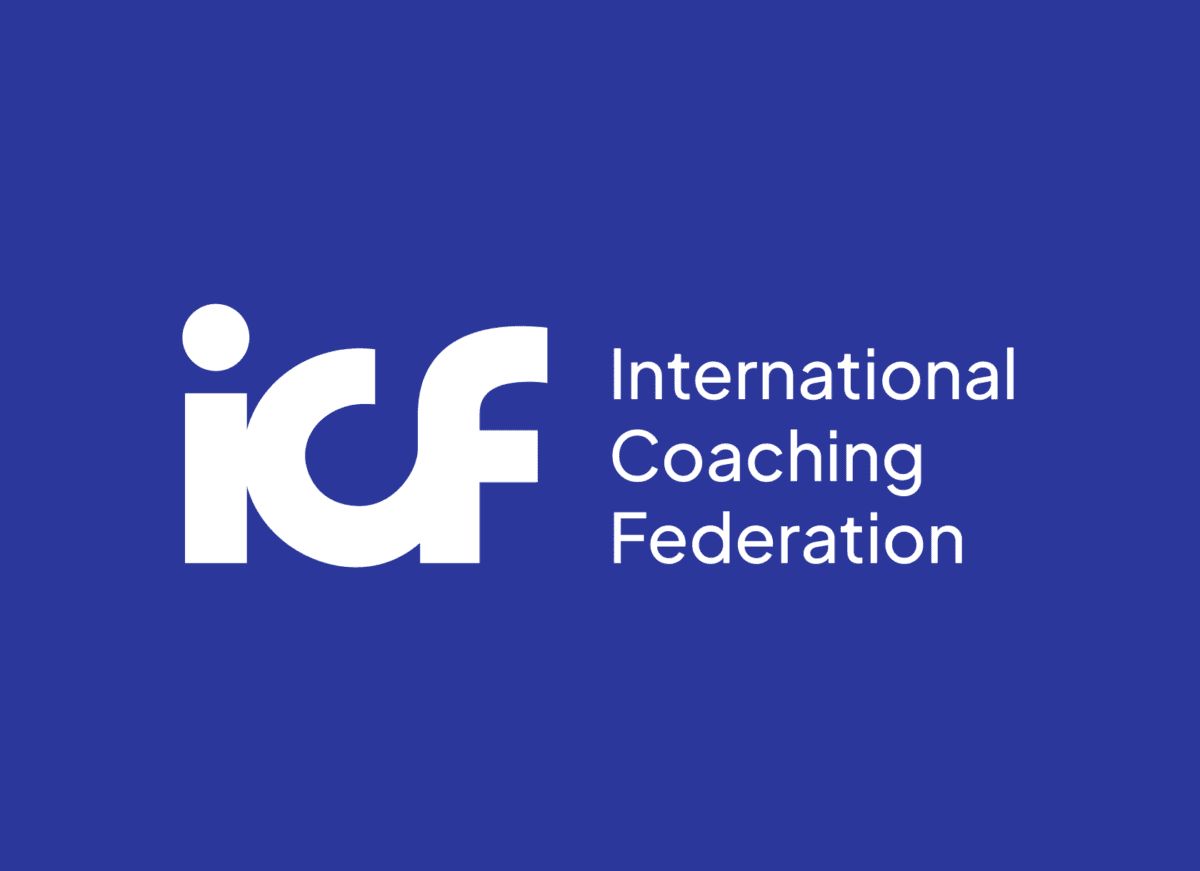Supporting Coaches With Greater Clarity: New Minimum Skills Requirements
October 9, 2025 — ICF credentials are a mark of excellence in…
ICF Core Competencies: The Next Evolution
September 8, 2025 — The world doesn’t stand still, and neither should…
Shape the Future of Coaching Credentials
August 27, 2025 — ICF is piloting a new exam experience for…
Credential Renewal: Simplified Process
Update: November 3, 2025 Your ICF credential is more than a mark…
Streamlined ACC and PCC Application Pathways
Update: November 3, 2025 Earning an ICF credential is a bold step…
New ACC Exam to Launch in November 2024
October 3, 2024 – ICF Credentials and Standards will release a new ACC Exam…
New Credential Renewal Policy Updates Effective September 15
August 20, 2024 – Earning an ICF credential is an important professional milestone. Maintaining…
Forthcoming Updates to ICF Credentialing Exam for Enhanced Experience
August 1, 2024–Candidate feedback and industry changes have inspired upcoming updates to…
New ICF Credentialing Exam Policy for Returning Candidates
December 2023 — The ICF Credentials and Standards Board has approved a policy…
CKA and Previous Performance Evaluation Extended to May 31, 2023
January 30, 2023 – In an effort to support candidates in successfully completing…
ICF Advance Certification in Team Coaching Now Available
January 18, 2023 — ICF Credentials and Standards is proud to announce the…
ICF to Launch Team Coaching Advanced Certification and Accreditation
December 8, 2022 — In today’s complex workplace, organizations increasingly recognize the power…

